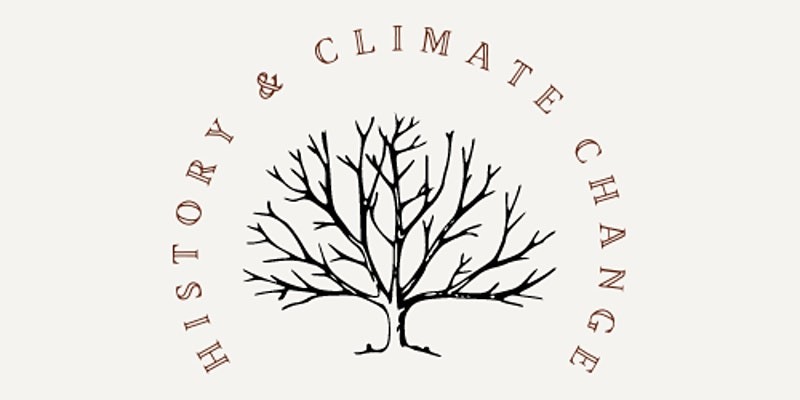Event Description
Instabilities of the monsoon climate system, along with alternating periods of severe dryness and wetness, are known to have punctuated and disrupted the lives of peoples and institutions across Asia during "medieval"-"pre-modern" times. Determining the causes and processes of these is an immense challenge for scholars. Identifying the effects on ecosystems and a fortiori human society is also challenging given the multiplicity of variables, scales, and levels of analysis to consider and confront, and the resolution of data at our disposal.
As far as South Asia is concerned, the topic of the social impacts of and responses to climatic disturbances has attracted little attention from historians and archaeologists, and few interdisciplinary initiatives at the interface of environmental and social-human sciences, until recently at least. The knowledge at our disposal suffers from the lack of archaeological, historical ecological, and paleoclimatic evidence. Its multiple gaps are also due to disciplinary fragmentation in the ways we think about the past.
For this workshop, attention will be drawn to an ongoing project focusing on Mandu and its hinterlands (22°20’26.08”N-75°24’5.62”E), a famous area in Central India (Madhya Pradesh) whose history spanned over and beyond the past millennium and which in “late medieval” times was transformed to serve as the capital of the Malwa Sultanate (c. 1400-1650 CE). While engaging with the larger, multidimensional topic of society-environment relationships, this project involves micro and local investigations and interdisciplinary experiments to delve into aspects of the complex interplay and multivalent nexus between human adaptations, water management, and climate, and the mechanisms that link environmental conditions and social activity, especially around water. Its objectives are to probe and document:
- the ways people and society diversely adapted to hydroclimatic risks, managed vulnerabilities in different settings and were impacted by climatic variations and extreme events
- the ways dynamics of change, power, and control over resources fashioned the use of space, land, and water and shaped the built environment
- the long-term lives of the water bodies as signatures of both the hydrosystem and agrosystem.
These dimensions are all inherent in land-waterscape histories.
Event Speaker
Anne Casile, Researcher at the French National Research Institute for Sustainable Development
Event Information
Free and open to Columbia University ID holders; registration required.
Part of the History and Climate Change workshop series hosted by the Environmental Sciences and Humanities Research Cluster and co-funded by the Institute for Social and Economic Research and Policy.
The Center for Science and Society makes every reasonable effort to accommodate individuals with disabilities. If you require disability accommodations to attend a Center for Science and Society event, please contact us at [email protected] or (212) 854-0666 at least 10 days in advance of the event. For more information, please visit the campus accessibility webpage.

